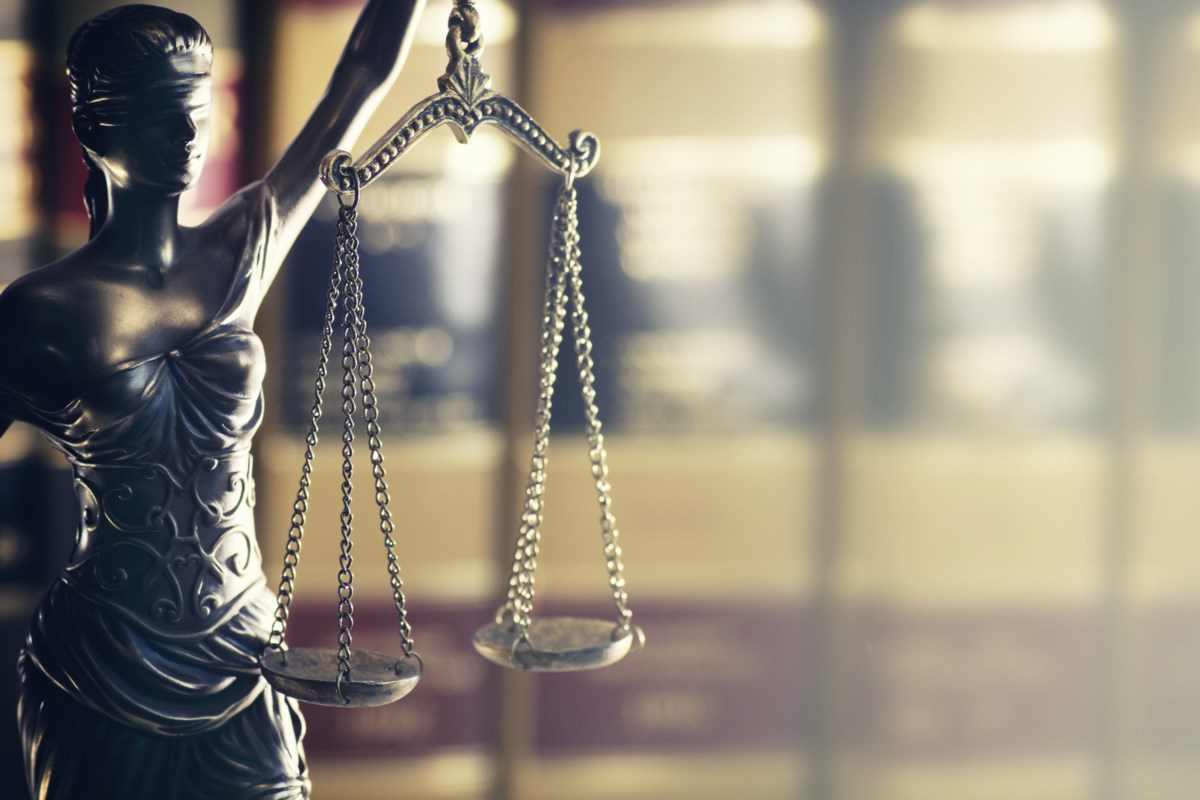Trust disputes have the potential to strain family relations, result in endless legal battles, and even damage trust assets during the legal turmoil. Causes of such disputes at times have their place cemented by the law, and at times, they are just false claims fueled by greed and dissatisfaction. So why do you need a lawyer in all these and what exactly are the causes of trust disputes?
If you are a beneficiary, trustee or you simply want to know more about trust disputes, read on to gain valuable insight into this often challenging area of law.
Understanding Trust Disputes:
Trust disputes cut across a wide spectrum of conflicts, challenging the integrity and performance of trust agreements. These may arise over issues such as disagreements about division property, actions by trustees or decisions made by them, or questions regarding whether trusts were validly executed or their interpretation.
Unless they are resolved timely, trust disputes can result in destroyed relationships, lost assets in trusts, and protracted court battles that exhaust resources and heighten tensions amongst those involved.
Causes of trust disputes
Many factors contribute to the complexity and intensity of conflicts, leading to trust disputes. Some common causes of trust disputes include:
Vague Documentation on Trusts:
Trust documents that are vague or have unclear language can create confusion with regard to the intentions and expectations of the grantor. Variations in the interpretation could cause disagreements over asset allocation, trustee duties, or beneficiary privileges.
Failing in Fiduciary Responsibilities:
The fiduciary duty rule binds trustees legally to act in favor of beneficiaries. Examples of breaches entail failure to account for trust assets, mismanagement by trustees or conflict between personal interests and those pertaining to trusts, which may lead into legal disputes being taken against the trustee.
Family Feuds:
Feuds between family members often result from things that go unspoken or hidden personal rivalries often manifest themselves through issues related to trusts. Family dynamics, complicated relationships as well as varying aspirations among recipients could give rise to disputes concerning inheritance distribution, control by one person over others’ assets, or running a trust fund.
External Influences
A trust arrangement may face disputes due to external elements such as changes in economic status, taxation, or legal developments. Trusts are subject to modification based on economic recessions, unforeseen expenses, or changing regulatory frameworks which can create disagreements among beneficiaries and trustees.
The Role of a Probate Lawyer in Trust Disputes
Probate lawyers use their legal knowledge, negotiation skills, and understanding of trust laws to effectively resolve disputes. This highlights how probate lawyers play a crucial role in navigating trust disputes:
Legal Analysis and Interpretation
Probate lawyers understand the rules and regulations governing trusts, they therefore become proficient at scrutinizing the documents that form a part of the trusts, interpreting statutory provisions as well as finding out what issues are key in any disagreement arising from a trust.
They guide their clients by giving clarity about legal matters so that they can recognize their rights, obligations, and chances for resolution.
Mediation and Conflict Resolution
In cases where there is a dispute involving trusts probate lawyers usually act as intermediaries who facilitate negotiations and talks among the fighting parties. Through mediation techniques, they seek to arrive at win-win solutions that not only ensure mutual comprehension but also maintain relationships intact.
Advocacy and Litigation Support:
When trust disputes get out of hand and end up in formal legal proceedings, probate lawyers provide strong advocacy for their clients and litigation support to safeguard their client’s positions in court.
These attorneys are skilled at drafting legal papers, presenting evidence, appearing on behalf of the clients during hearings or trials, or any other task that might be involved in a lawsuit concerning questions of trusts. They use this ability to navigate through the litigation intricacies so that they can secure a positive outcome for the subjects.
Trust Administration Guidance:
Probate lawyers help trustees meet their obligations as fiduciaries and fulfil the provisions in the trust agreement according to law. For this reason, they offer recommendations concerning how to go about trust administration and related matters such as accounting for records, assets control and compliance with applicable statutes among others. Such advice enables trustees to reduce risks as well as increase accountability while avoiding contention.
Preventative Measures:
On top of resolving existing trust conflicts, probate lawyers also advise clients on ways of preventing future conflicts through mediation. Updating documents that establish a trust relationship, making provision for mediation clauses, setting clear beneficiary expectations; and establishing operating protocols that facilitate communication between members by using an open door policy at all times which eliminates possibilities of conflict all aid towards ensuring harmony when discharging duties entrusted upon them.
Conclusion:
Trust dispute is a complicated arena that requires the involved parties to be well versed with trust laws and their rights. In such cases trust litigation lawyers are there to find the root causes of disputes, offer legal analysis, mediate conflicting parties, safeguard your rights, and guide trustees toward proper trust administration practices.
Related


































